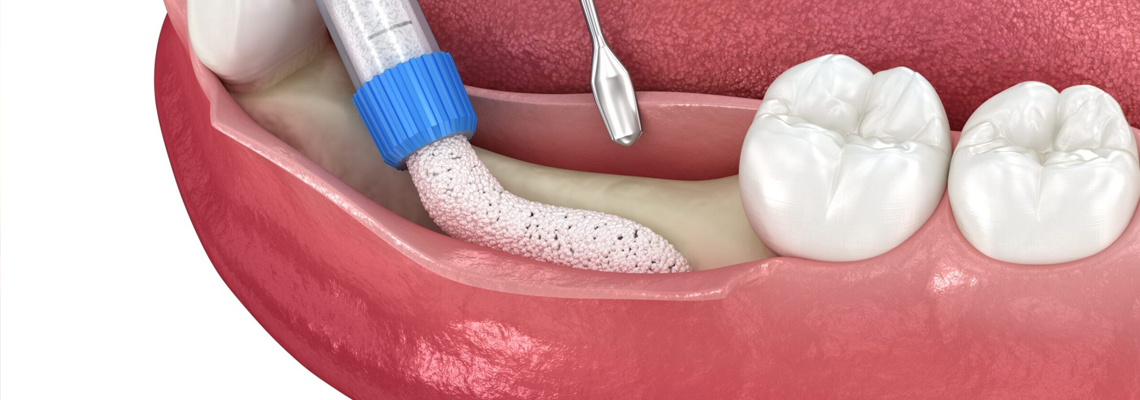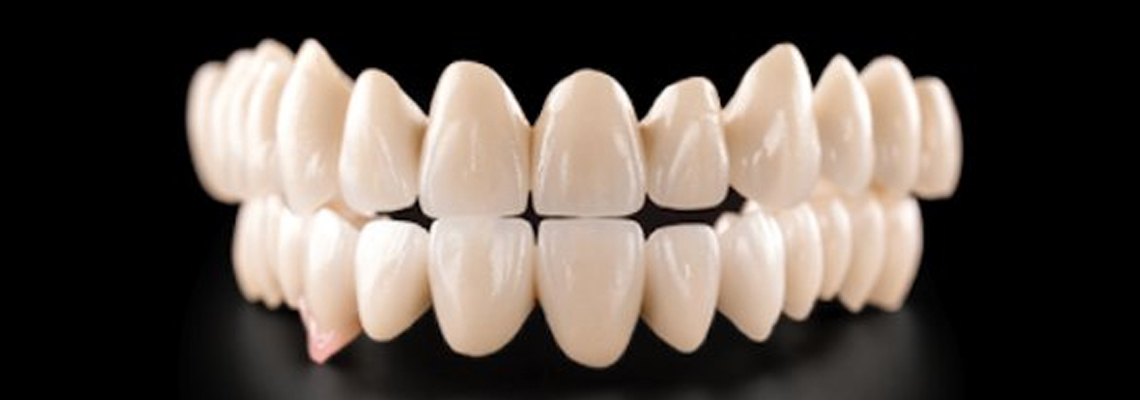The intricate relationship between oral health and mental well-being is a topic gaining significant attention in the realm of holistic health. It’s increasingly evident that our physical health is deeply intertwined with our mental and emotional states, and nowhere is this connection more apparent than in the relationship between oral health and mental well-being. Understanding this link can pave the way for more comprehensive and effective health strategies that promote overall mind-body harmony.
The Physical Impacts on Mental Health
Oral health issues can significantly affect mental health, contributing to conditions such as anxiety, depression, and low self-esteem. Dental problems like tooth decay, gum disease, and tooth loss can cause chronic pain and discomfort, leading to sleep disturbances and impacting one’s ability to eat properly. These physical symptoms can exacerbate feelings of stress and anxiety, creating a vicious cycle that further deteriorates both oral and mental health.
Moreover, the social stigma attached to poor oral health can have profound psychological effects. Individuals with visible dental problems may feel embarrassed or self-conscious, leading to social withdrawal and isolation. This lack of social interaction can increase feelings of loneliness and depression, further impacting mental well-being. Thus, maintaining good oral health is not just about preventing physical discomfort but also about preserving one’s mental and emotional state.
The Psychological Impacts on Oral Health
Conversely, mental health issues can also negatively impact oral health. Conditions such as anxiety and depression often lead to neglect of personal hygiene, including oral hygiene. People experiencing these mental health challenges may lack the motivation to brush and floss regularly, leading to the buildup of plaque and the onset of gum disease. Additionally, stress-related behaviors such as teeth grinding (bruxism) can cause significant dental damage, including worn enamel, tooth fractures, and jaw pain.
Mental health medications can also have side effects that impact oral health. Many antidepressants and antipsychotic medications cause dry mouth, which reduces saliva production and increases the risk of cavities and gum disease. It’s crucial for patients and healthcare providers to recognize these potential side effects and take preventive measures to mitigate their impact on oral health.
The Bi-Directional Relationship
The connection between oral health and mental well-being is bi-directional, meaning each influences the other. Poor oral health can lead to mental health issues, and mental health problems can result in deteriorating oral health. Recognizing and addressing this relationship is vital for achieving overall health and well-being.
For instance, improving oral health can have a positive impact on mental well-being. Regular dental check-ups and maintaining good oral hygiene can prevent dental problems, reducing pain and discomfort. A healthy mouth boosts self-confidence, encouraging more social interaction and enhancing one’s quality of life. Conversely, managing mental health effectively can lead to better oral hygiene practices and reduce harmful behaviors like smoking and excessive alcohol consumption, which are detrimental to oral health.
Strategies for Promoting Mind-Body Harmony
Achieving mind-body harmony requires an integrated approach that addresses both oral and mental health. Regular dental visits and good oral hygiene practices are foundational for maintaining oral health. Dental professionals can play a crucial role by educating patients about the importance of oral hygiene and its impact on overall health. They can also provide support for managing the side effects of medications and stress-related behaviors that affect oral health.
For mental well-being, stress management techniques such as mindfulness, meditation, and exercise can be beneficial. These practices help reduce anxiety and improve mental health, which in turn can lead to better oral hygiene practices. Seeking professional help for mental health issues is also crucial. Therapists and counselors can provide strategies for managing mental health conditions, and psychiatrists can adjust medications to minimize side effects impacting oral health.
A Holistic Approach
Understanding the connection between oral health and mental well-being underscores the importance of a holistic approach to health care. By recognizing the interplay between physical and mental health, we can develop more comprehensive treatment plans that address the whole person, not just isolated symptoms.
Promoting mind-body harmony involves collaboration between dental professionals, mental health providers, and patients themselves. Through education, preventive care, and integrated treatment strategies, we can enhance both oral health and mental well-being, paving the way for a healthier, happier life.
Are You Looking For Dental Implants
Click on the links below to learn more about the approximately $50,000 savings option for Dr. Motiwala’s packages.
- Full mouth dental implants & Cost of Treatment
- Smile Makeover & Cost of Treatment
- Watch 100’s of Testimonials from our International Patients
Make An Appointment!
Please contact us if you have dental difficulties or are interested to know about dental implants and how they might improve your smile. Dr. Motiwala Dental Clinic & Implant Center may be reached at +91 99596 14584. You can also Contact Us by clicking the banner below.























